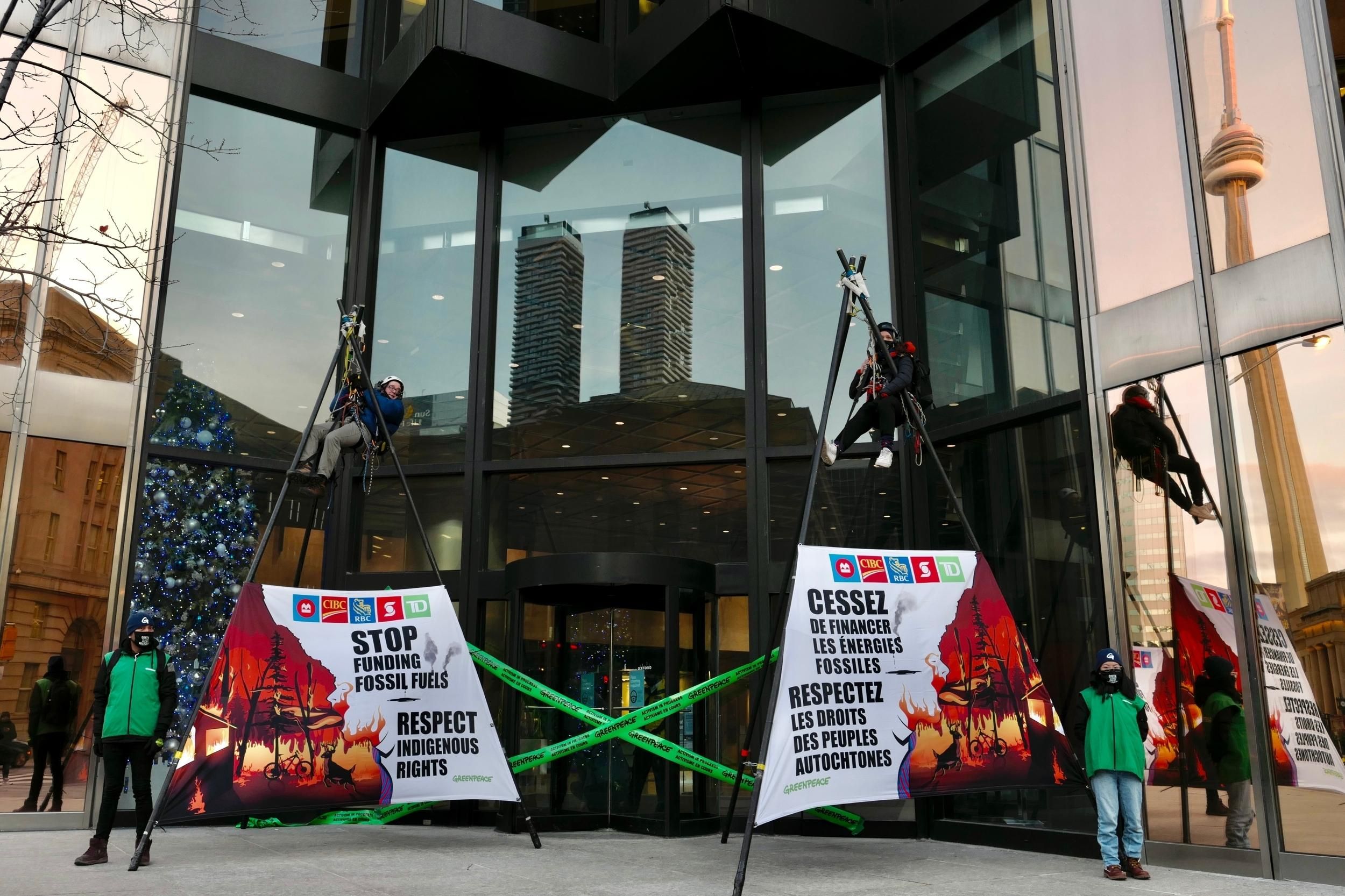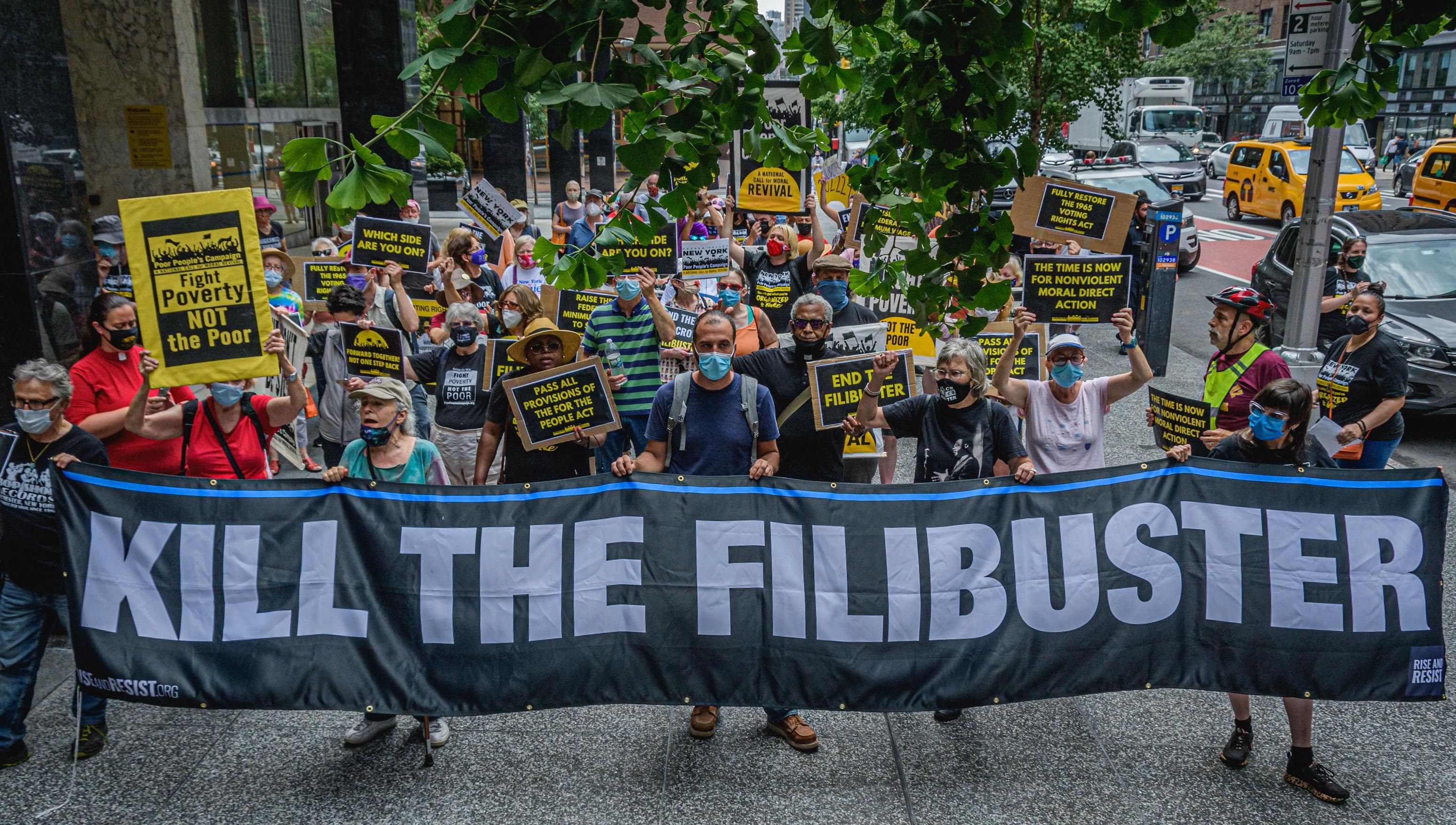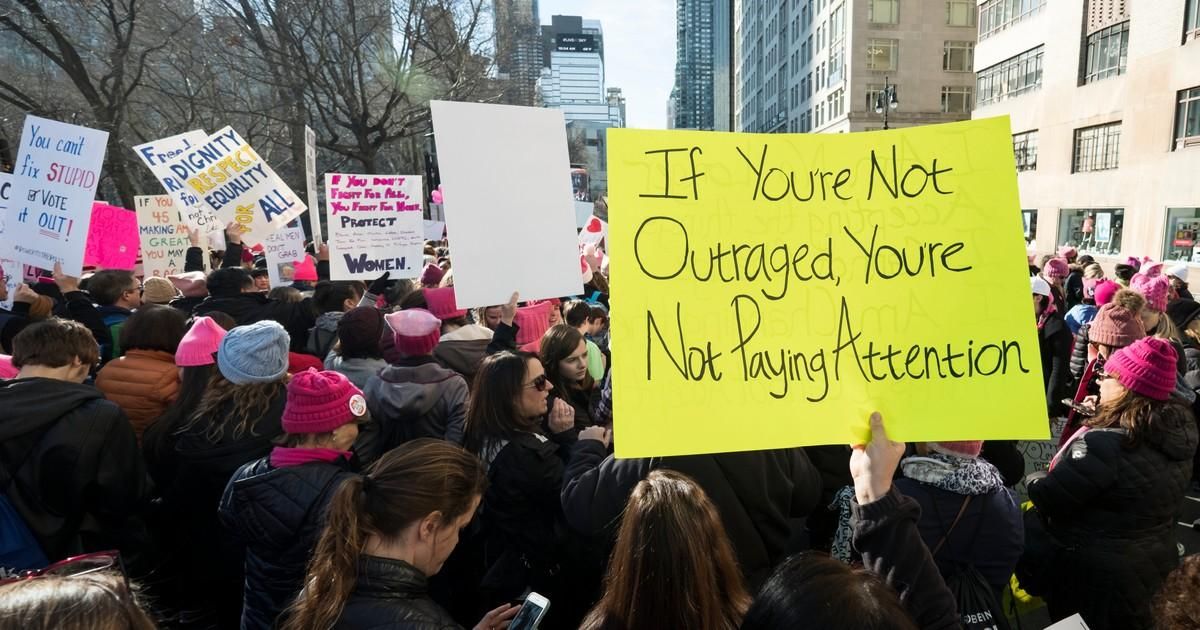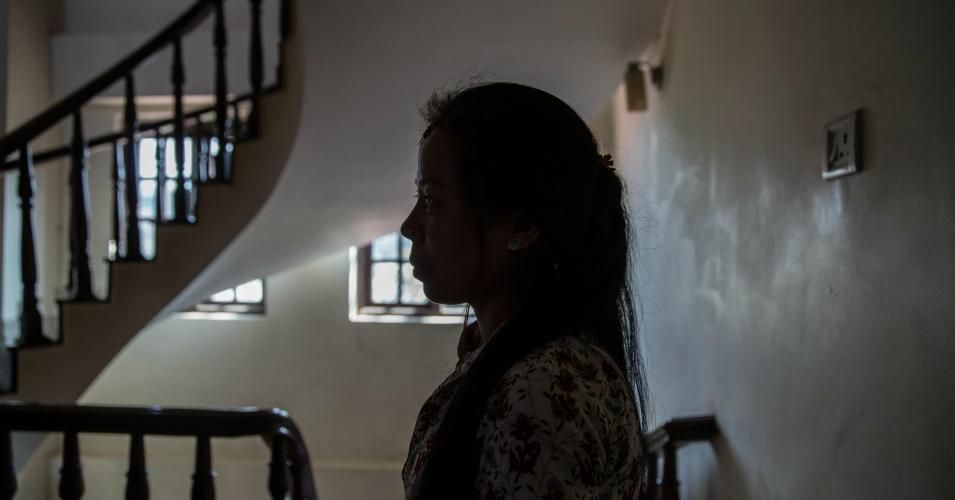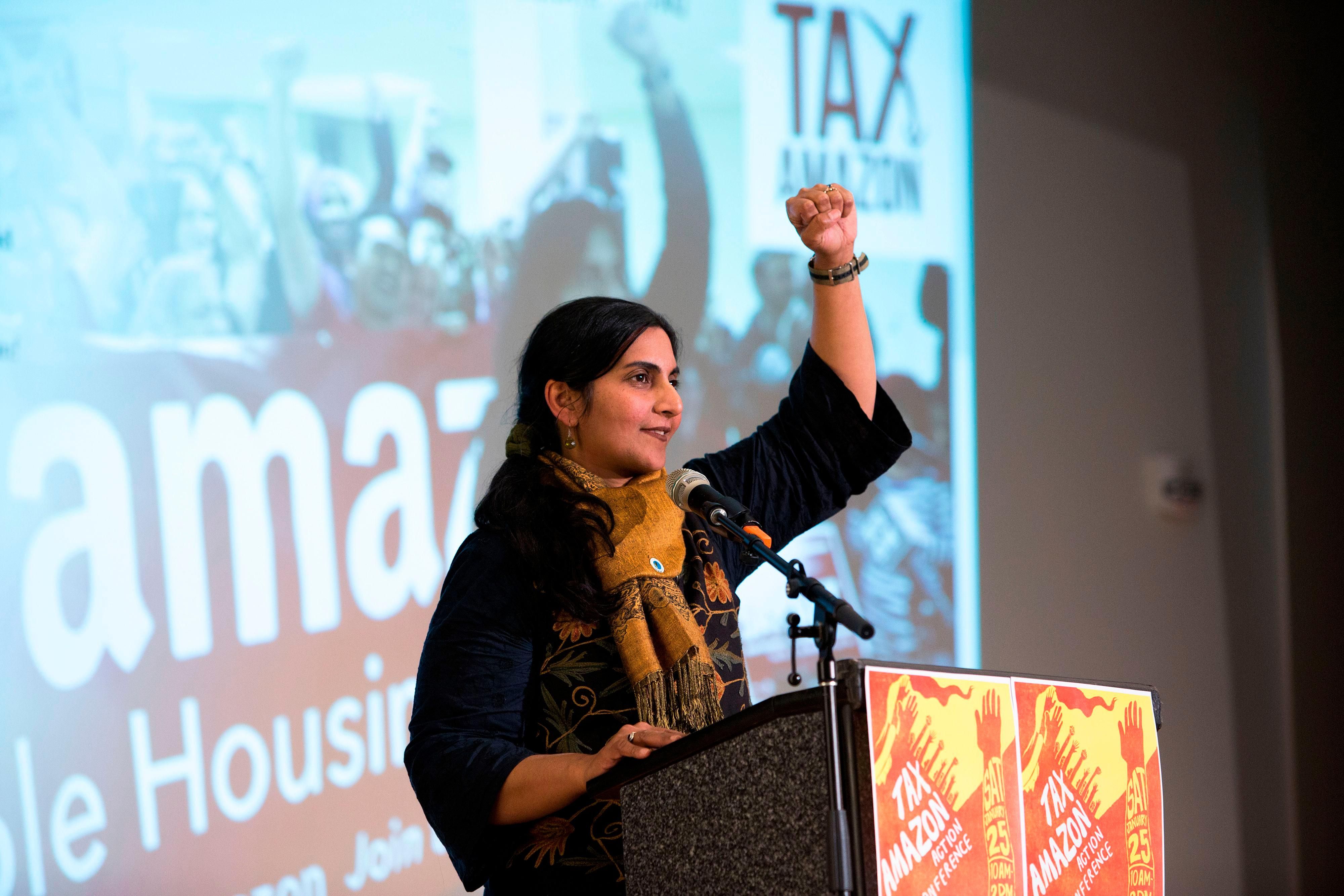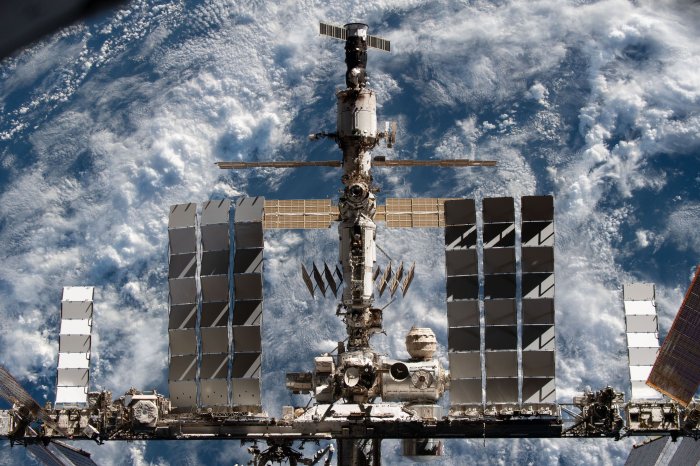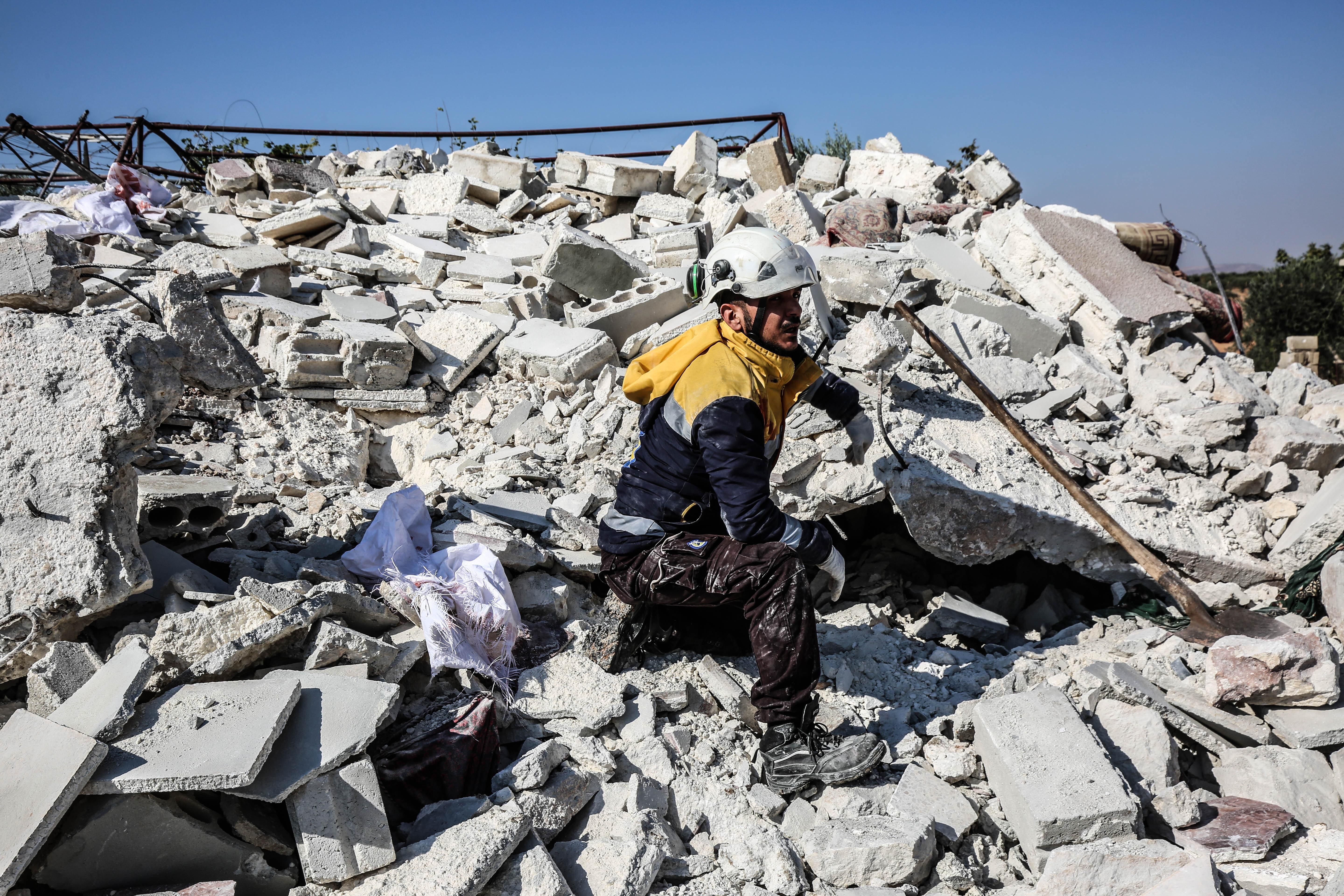
Salmon can colonize streams created by glacier melt but face many other challenges from climate change, researchers say. Photo courtesy of Freshwaters Illustrated
Dec. 7 (UPI) -- Melting glaciers may produce thousands of miles of new Pacific salmon habitat, a study published Tuesday by Nature Communications found.
As glaciers in the mountains of western North America melt, or retreat, they could produce around 4,000 miles of new Pacific salmon habitat by the year 2100, the data showed.
After modeling glacier retreat under different climate change scenarios, the glaciers could reveal potential new Pacific salmon habitat nearly equal to the length of the Mississippi River under moderate temperature increases, the researchers said.
"We predict that most of the emerging salmon habitat will occur in Alaska and the transboundary region, at the British Columbia-Alaska border, where large coastal glaciers still exist," co-author Kara Pitman said in a press release.
RELATED Dams may help against climate change, but harm fish, freshwater ecosystems
"Once conditions stabilize in the newly-formed streams, salmon can colonize these areas quite quickly," said Pitman, a spatial analyst at Simon Fraser University in Canada.
The Gulf of Alaska is predicted to see the most gains in salmon habitat, with a 27% increase by 2100, she said.
Most salmon return to the streams they were born in, but some will migrate into new streams to spawn.
RELATED EPA to restore protections for Alaska's Bristol Bay
Salmon colonization can occur relatively quickly after glacial melt creates favorable spawning conditions, the researchers said.
For example, Stonefly Creek in Alaska was colonized within 10 years by pink salmon that grew rapidly to more than 5,000 spawners, according to earlier studies.
Using computer modeling, Pitman and her colleagues "peeled back the ice" from 46,000 glaciers between southern British Columbia and south-central Alaska.
RELATED Survey: Innovation, oversight needed to make aquaculture more sustainable
The analysis was designed to assess how much potential salmon habitat would be created when underlying bedrock is exposed and new streams flow over the landscape, the researchers said.
Low-gradient streams, or those with a less than 10% incline, connected to the ocean with retreating glaciers at their headwaters are most desirable to salmon, they said.
Based on the analysis, 315 of the glaciers studied met this criteria.
While the newly created habitat is a positive for salmon in some locations, climate change still poses grave challenges for some salmon populations, according to the researchers.
"On one hand, this amount of new salmon habitat will provide local opportunities for some salmon populations," Pitman said.
"On the other hand, climate change and other human impacts continue to threaten salmon survival, via warming rivers, changes in stream flows and poor ocean conditions," she said.


